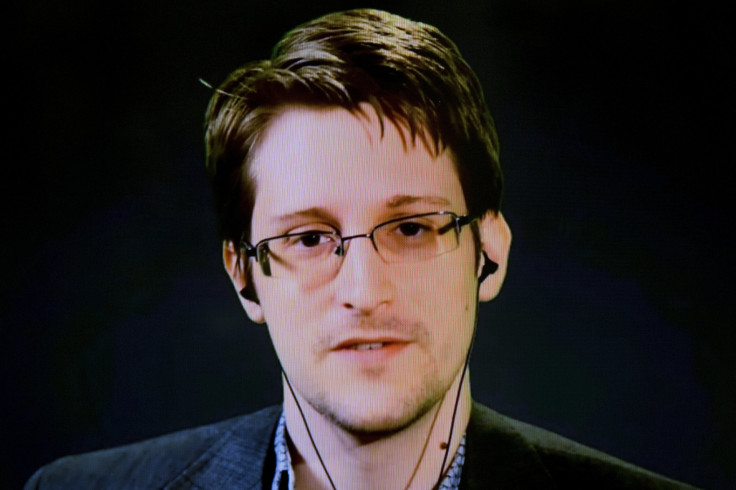European Union Calls For Edward Snowden Criminal Charges To Be Dropped: Will Whistleblower Find Asylum in Europe?

The European Union's Parliament voted 285 to 281 Thursday to drop charges against former National Security Agency contractor Edward Snowden, who exposed the agency's widespread spying activities. The Parliament said that not enough has been done to protect the rights of EU citizens from mass surveillance.
In a release, the Parliament urged countries to "drop any criminal charges against Edward Snowden, grant him protection and consequently prevent extradition or rendition by third parties, in recognition of his status as whistleblower and international human rights defender."
Hearing reports EU just voted 285-281, overcoming huge pressure, to cancel all charges against me and prevent extradition. Game-changer.
— Edward Snowden (@Snowden) October 29, 2015It remains unclear if any countries within the 28-member EU would be willing to grant Snowden protection and challenge the U.S., which has called for Snowden's return to stand trial. Snowden has been living in Russia since leaving the U.S. after his information was published by journalists exposing the NSA.
Snowden, 32, who recently joined the social media site Twitter, expressed hope that the EU’s statement would give him a “chance to move forward.”
This is not a blow against the US Government, but an open hand extended by friends. It is a chance to move forward. pic.twitter.com/fBs5H32wyD
— Edward Snowden (@Snowden) October 29, 2015Snowden had worked as a contractor with the NSA and, in 2013, leaked classified documents to journalists at the Guardian, who went on to publish stories exposing the NSA’s surveillance programs. Snowden fled the U.S. in May 2013, first traveling to Hong Kong and then to Russia.
"I personally am surprised," Snowden told reporter Brian Williams in an interview in 2014. "I never intended to end up in Russia."
Since residing in Russia, Snowden has been critical of President Vladimir Putin’s Internet policies.
“This drive that we see in the Russian government to control more and more [of] the Internet, to control more and more what people are seeing, even parts of personal lives, deciding what is the appropriate or inappropriate way for people to express their love for one another...(is) fundamentally wrong,” Snowden said last month when accepting the Norwegian Academy of Literature and Freedom of Expression’s Bjornson prize.
During its session, the European Parliament also called for data transfers to the U.S. to be held to an “effective level of protection” and called responses from states to a 2014 resolution concerning mass surveillance “highly inadequate.”
© Copyright IBTimes 2025. All rights reserved.






















